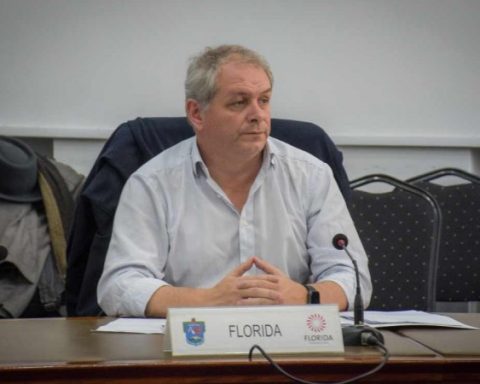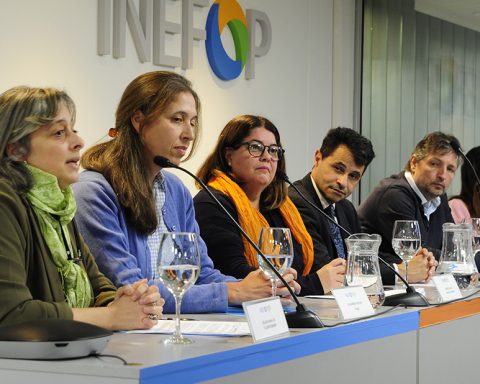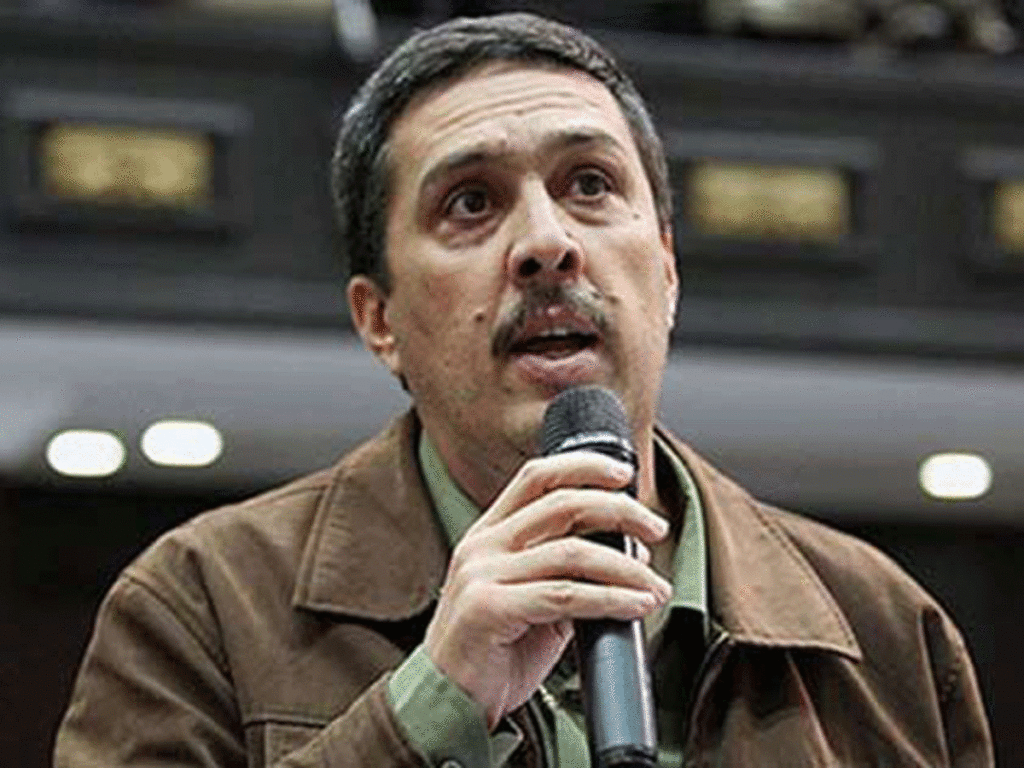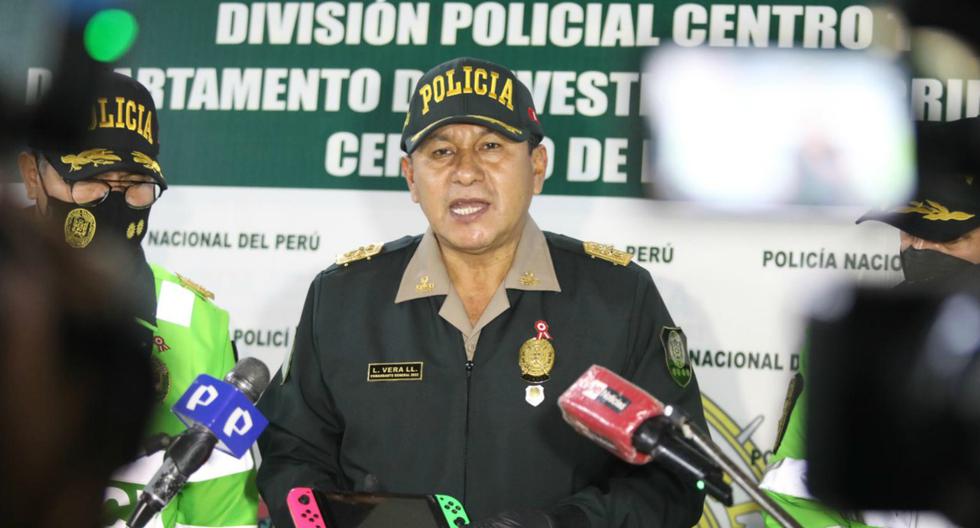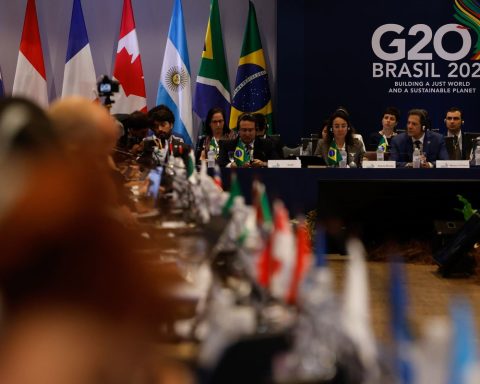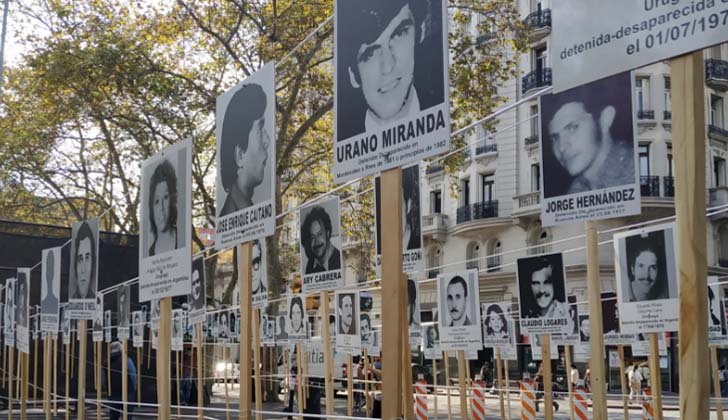
On December 21, 2010, the United Nations General Assembly decided to declare August 30 as the “International Day of the Victims of Enforced Disappearances”.
“Enforced disappearance has become a global problem that does not only affect a specific region of the world. Forced disappearances, which were mainly the product of military dictatorships, can be perpetrated today in complex situations of internal conflict, as a method of political repression of opponents,” the UN indicated at the time.
In this sense, in Uruguay a discussion will be held at 7:00 p.m. in Sala Camacuá, with the participation of representatives of the women’s group Where are our gurisas?, the Association of Mothers of Uruguayan Detained-Disappeared, and the journalist Natalia Uval .
International Amnesty
In the last hours, Europa Press released a report by Amnesty International in which the most outstanding cases of forced disappearances in recent years are compiled.
Amnesty emphasizes the “complexity of a crime conceived to instill pain in the victims, terror and insecurity in their relatives and in society as a whole; a silent tool, with elusive figures, that multiplies the control of the authorities over a population convinced that they could be the next, erased from the collective memory”.
The Amnesty report mentions forced disappearances in the five continents.
In Latin America, one of the cases that regains special relevance is the disappearance of the 43 students from Ayotzinapa (Mexico) in 2014, considered a “state crime”.
In Argentina, it is mentioned that “impunity continues for forced disappearances”. The disappearance and death of Facundo Astudillo Castro is remembered, whose body was found 107 days after his disappearance was reported at the end of April 2020, “in a country without institutional public policies on the effective search for disappeared persons.”
With regard to Colombia, as of May 27, 2021, the Working Group on Forced Disappearances had registered “775 forced disappearances in the framework of the national strike and at the end of the year the whereabouts of 327 people remained unknown.”
In Honduras, the whereabouts of four members of the Garífuna indigenous community belonging to the Honduran Black Fraternal Organization also remain unknown, says Amnesty according to Europa Press.
In Asia, the case of the director of the Herat women’s prison, Alia Azizi, whose whereabouts are unknown since October 2021, is mentioned; the disappearances of members of the Uyghur minority in the “re-education camps” of the Chinese region of Xinjiang; the case of the Iranian president, Ebrahim Raisi, who has come to power without having been investigated for crimes against humanity; those who disappeared in Burma after the coup d’état in February last year; or the disappearances carried out by both the Yemeni government and the Houthi insurgency during the war since 2015.
With reference to Africa, Amnesty mentions Burundi, “where there are more than 250 cases open before the UN Working Group on Enforced or Involuntary Disappearances, or Eritrea, where the authorities continue to subject hundreds of people to forced disappearance.” Cases are also mentioned in Kenya, Libya, Mozambique, Egypt, Niger, Uganda and Nigeria.
On the European continent, Amnesty refers to the Balkan conflict. “More than 1,600 people remain unaccounted for since the conflict between Serbia and Kosovo between 1998 and 1999.” It is also mentioned that Serbia had to clarify the disappearances of people during the conflict in the former Yugoslavia and only seven bodies were returned. On the other hand, he recalls that experts from the United Nations have recommended to the Spanish government and the Congress of Deputies that they reinforce aspects of a bill to guarantee the right to truth, justice and reparation for the victims of the Civil War and the Franco regime.
On the other hand, Amnesty International dedicates two sections to the United States and Russia.
With regard to the US, he points out that “so far no one has been brought to justice for the system of secret detention centers managed by the CIA, during the war on terror.”
“The Senate Intelligence Committee report on CIA acts of torture remained under wraps years after the few investigations into those crimes had been closed without charges being filed against anyone,” the report states.
While with respect to Russia, “enforced disappearances in Chechnya are reported, where the whereabouts of Salman Tepsurkayev, moderator of the Telegram channel 1ADAT, remain unknown.”
Amnesty recalls that in October, “the European Court of Human Rights ruled that Russia was responsible for his unacknowledged and arbitrary detention and torture, as well as for failing to effectively investigate such acts of torture.”


